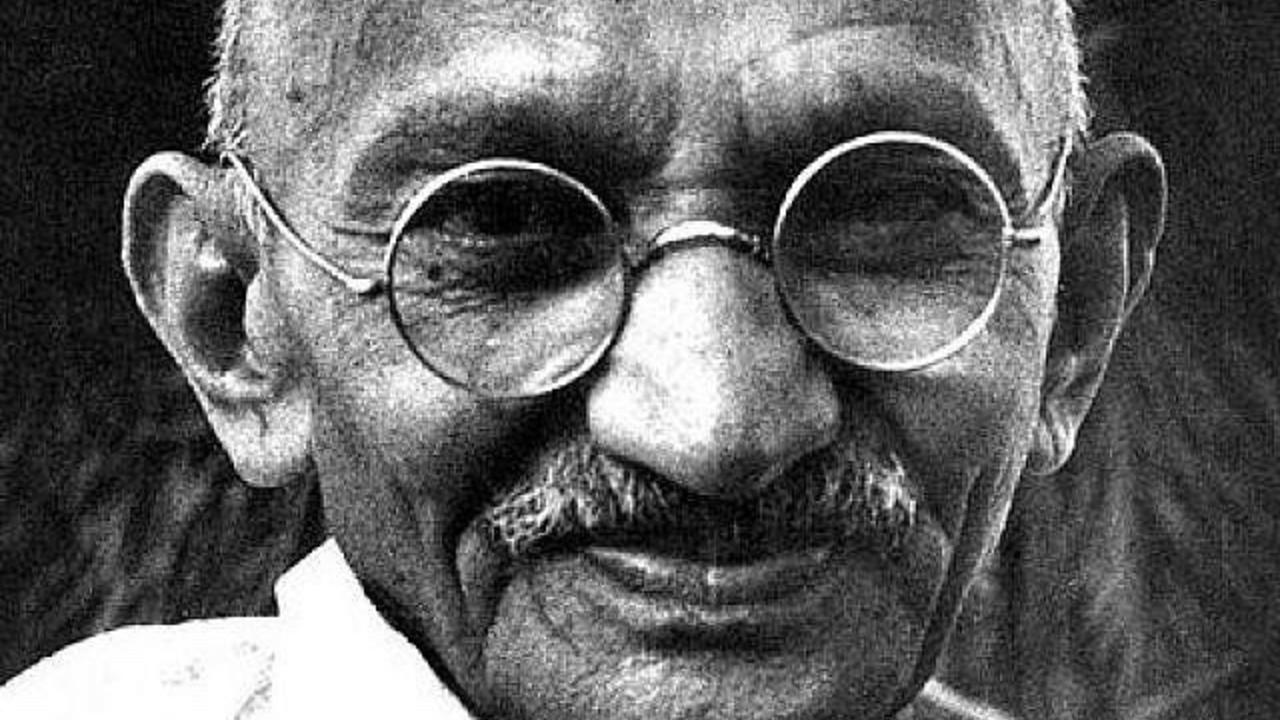End Conflicts in Marriage Using 'The Gandhi Move' (a.k.a. Non-Complementary Behavior)

One of the unique quirks of the human brain is its propensity to mirror the states of others. When we see an eight week old baby smile, we can’t help but smile. It just sort of happens.
But the opposite is also true. When we experience our partner's irritation and anger, we get pissed. We feel an instant surge of irritation and anger. It just sort of happens.
Psychologists have a name for this phenomenon. They call it “complementary behavior." It’s a fancy way of saying that, when your partner comes at you with anger or irritation, you're wired to respond in kind. It's a hard-wired feature of the brain that leads to endless arguments and conflict.
Gandhi understood this quirk of the human mind perhaps better than anyone in history. He knew that we're wired to mirror the responses of those around us and that our instincts keep us locked into this pattern.
He also knew just how damaging this habitual way of reacting could be. "Violence," he said, "can never bring an end to violence. All it can do is provoke more violence." Likewise, anger and resentment in marriage can never bring an end to anger and resentment.
So what's the solution? How can we get out of this vicious cycle of human nature?
This is where Gandhi's true genius emerged. Like Martin Luther King, he advocated a radical practice to break the habit of complementary behavior. "Use the means of love and respect," he instructed, "even if the result seems far off or uncertain."
Put simply, Gandhi gave us the roadmap to put an end to conflict both in life and in marriage. He showed that we could dissolve conflict through the counter-habitual act of meeting anger with love.
But how can we apply his insight in the midst of life's craziness?
Tools
1. Try out being wrong.
Most of these fights involve a struggle for one thing: being right. The attachment to being right is so strong that it leads some people to end their relationships altogether. One problem with our attachment to being right is that it’s often impossible to judge who’s wrong and who’s right. The other problem is that being right comes at an outrageous cost: living in a state of continuous anger and resentment. So, just for fun, during your next argument, see what happens when you open up to the possibility that you are wrong.
2. The Gandhi move.
Now for the advanced practice. The opposite of “complementary behavior" is what psychologists call “non-complementary behavior." It’s the radical practice of doing the exact opposite of your partner during conflict. This is the Gandhi-style move of responding to your partner's searing resentment with love and generosity. It’s extreme. It’s counter to our most deeply-wired instincts. And yet this is the move that can dissolve an argument in 30 seconds or less. Because when you break the cycle of anger by responding with genuine love, kindness, and curiosity, you change the game. Your partner might initially wonder what the hell is going on. They might ask if you’re feeling OK. But, eventually, your "non-complementary" love and generosity will become contagious and the argument will dissolve.
Want more of these life tools delivered to your inbox?
Sign up for the Klemp Insights Newsletter.

